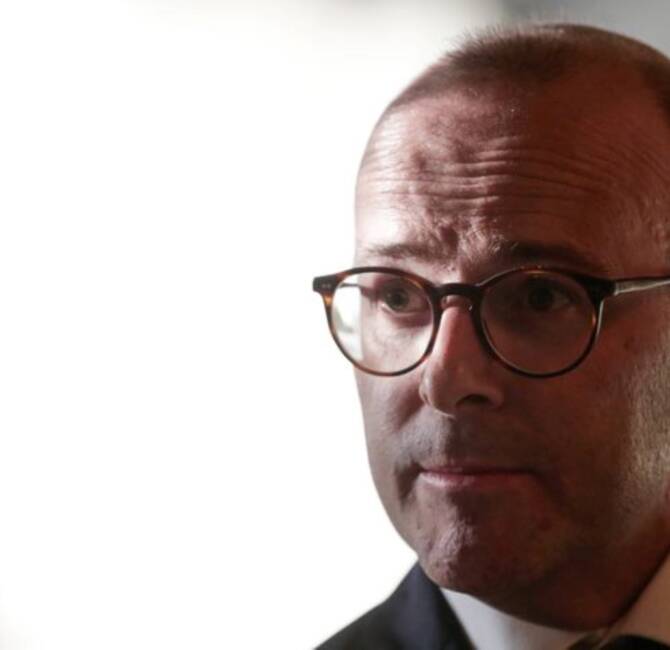This article has been published online by the Magyar Nemzet on April 13, 2021.
The tech company can intervene in domestic politics with the click of a button.
Facebook’s limitations last Friday, which drastically limited the availability of content shared by politicians, can be seen as a sever violation of democratic processes – the media lawyer told our paper. According to János Tamás Papp, the social media company’s move may also indicate that they intend to make profits off their thus far free service.
The latest Facebook restrictions enacted for Hungarian politicians’ posts last Friday are
a perfect example of the power such a social media platform wields in holding back information from the public – even for members of the government and prime ministers – without the risk of legal retaliation
– János Tamás Papp, media lawyer, told Magyar Nemzet. According to him, it is quite worrying that the data provided by Facebook and other tech giants is usually difficult or even impossible to verify; therefore, we cannot be sure that Friday’s events were the result of a technical error.
“We are all vulnerable to Facebook’s despotism as users, and even if we accept the fact that they restrict content from politicians purely for economic reasons, it is still certain that the latter can be changed whenever,
and thereby the practice of moderating social media” explained the expert. As is well known, Facebook announced this past January that it would be limiting the availability of political content appearing on the platform in general, as a result of the unrest at the US Capitol.
János Tamás Papp continued to say that, the consideration behind this may be that polarized political opinions and heated debates may deter users from the platform; although, according to him, it cannot be ruled out that the limitation of political content may be in the interest of certain political circles close to Facebook.
“It is also possible that Facebook wants to increase profits by charging advertising fees for getting certain political messages out. With the approaching 2022 Hungarian parliamentary elections, they may have found this a good time to signal that, unlike before, [political content] will not automatically reach voters effectively”
–pointed out the media lawyer.
János Tamás Papp also called attention to the fact that the lack of transparency from Facebook and the rest is a hot topic on the international stage too;
for example, despite the self-regulatory codex signed by Twitter, Facebook and other big platforms in an effort to curb fake news and disinformation, the European Union is struggling to keep track of these content moderation efforts, just as the reports created by the tech giants usually are.
“I believe it is a harmful practice and rather brutal intrusion into democratic processes when gatekeepers can decide what information is accessible to users. With the upcoming elections, you would think it would be optimal to have minimal censorship regarding what content appears in user feeds
So that people can judge messages from political actors for themselves” the media lawyer said. He pointed out that in practice, this is about the ability of private companies to intervene in the internal affairs of sovereign countries with the click of a button.
As we wrote earlier, last Friday, the reach of Hungarian politicians’ posts decreased by about 90 percent; government party politicians (Csaba Dömötör, State Secretary of the Prime Minister’s Office, and István Hollik, Fidesz Communications Director) as well as leftists (Ferenc Gyurcsány, Democratic Coalition leader, András Fekete-Győr, Momentum Movement leader, Anna Donáth, Momentum MEP) posted about this occurrence. Later, the company cited technical errors when contacted by Hvg.hu, a Hungarian weekly magazine.




